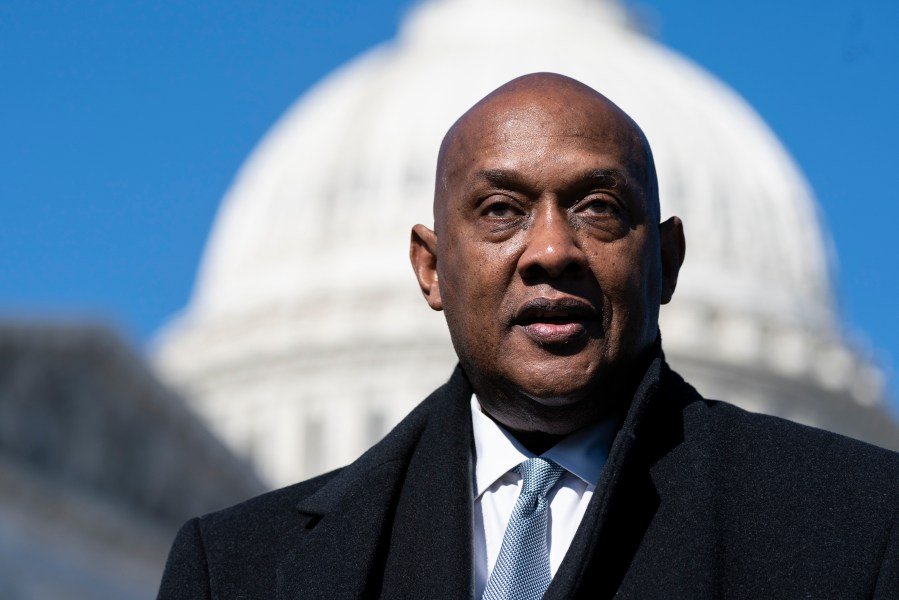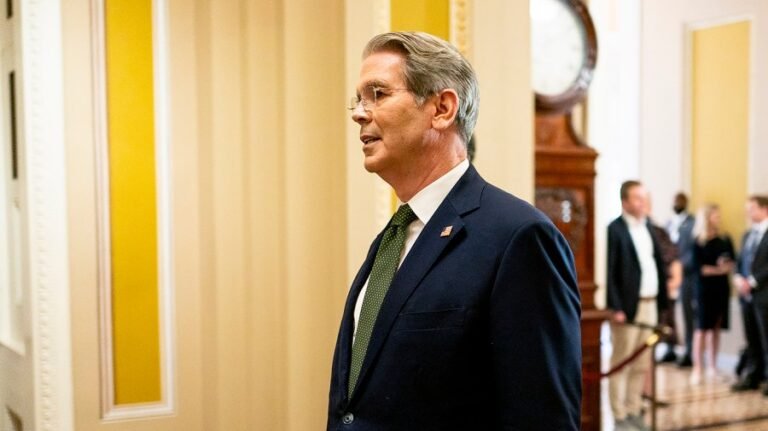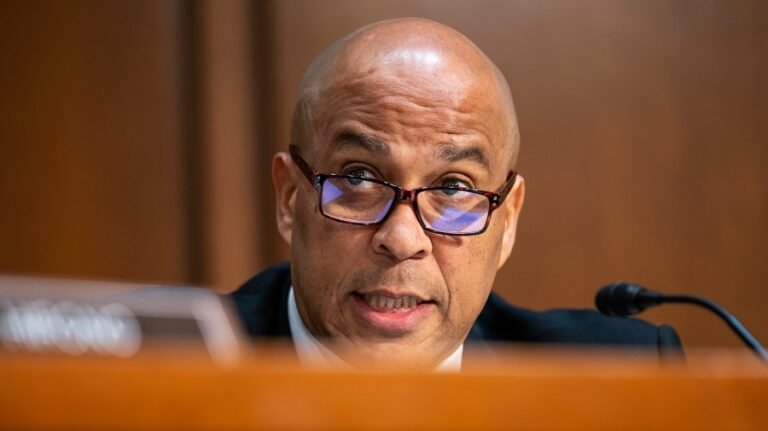
Rep. Dwight Evans (D-Pa.), who represents parts of west and north Philadelphia, announced Monday that he would not seek reelection. He joins a trickle of older Democrats who have announced their retirement this year as the party grapples with an aging caucus.
“I remain in good health and fully capable of continuing to serve. After some discussions this weekend and thoughtful reflection, I have decided that the time is right to announce that I will not be seeking re-election in 2026,” the congressman said in a statement.
Evans, 71, suffered a stroke last year that kept him from voting at the Capitol for seven months. Several local Democrats said last week, before Evans’s announcement, that they were weighing primary challenges against the congressman, who until recently maintained that he was still running.
Evans has held the seat since 2016, after serving 35 years as a state legislator. He said he plans to serve out his full term.
Several state lawmakers are now weighing bids for his seat, including Pennsylvania Democratic Party Chair Sharif Street and state Reps. Morgan Cephas and Chris Rabb.
Evans is the third Democrat older than 70 to announce his retirement this year. Rep. Jan Schakowsky (D-lll.) said this year that she wouldn’t seek a 15th term. Rep. Gerry Connolly (D-Va.), who died in May at 75, had said in April he wouldn’t seek reelection.
Debate over the age of Democratic incumbents has been a flash point for the party of late, with former Democratic National Committee Vice Chair David Hogg announcing a $20 million fund to support young candidates challenging aging lawmakers. He lost his spot in formal party leadership after declining to run in a redo election.
More than half of the 30 House Democrats older than 70 in May told Axios they were planning to run again.
Democrats are not the only party with older representatives, however. Former Rep. Kay Granger (R-Texas) stopped coming to votes last year because she had been living in an assisted-living facility with what her son called “dementia issues.”


